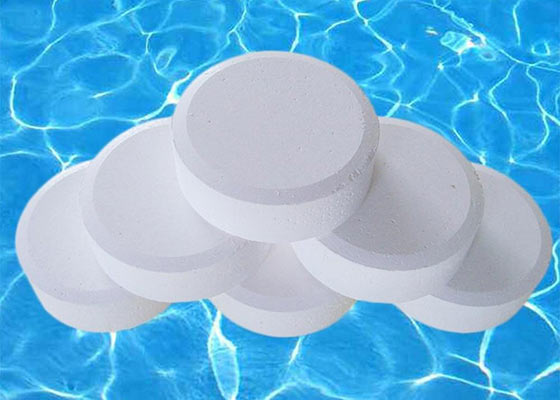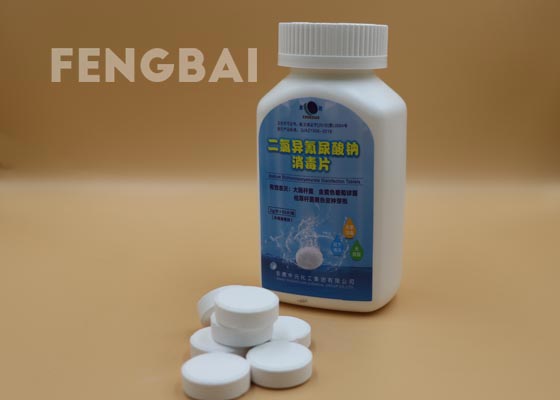An effective swimming pool disinfectant needs to meet many criteria, not only in terms of its efficacy but also in terms of packaging, ease of use and operator acceptability. Taking as a given good broad spectrum efficacy, including highly resistant bacterial spores, the requirements for the ideal cleanroom disinfectant are quite lengthy: a sterile option for grade A and B environments. 1 non-inflammable so can it be used over large areas with no health and safety concerns; also fast drying with short contact times to reduce the time taken for biodecontamination. However, in our ideal world this cannot be traded for problems with equipment or our operators, or the wider environment in terms of disposal.

Some details of swimming pool water disinfection
Properly balanced or saturated water prevents damage to the pool and equipment. Unsaturated water corrodes plaster walls, fixtures, plumbing, etc., and causes staining.Oversaturated water deposits scale or becomes cloudy. The operator needs to test and control Free Available Chlorine, pH, total alkalinity, TDS, & hardness to maintain balanced water.
1. Free Available Chlorine should be maintained at 1 to 3 ppm - preferably 2 ppm.
2. Proper pH control (7.2 to 7.6) preferably 7.4 that ensures: (1) the proper form of carbonate alkalinity for saturation, and (2) the proper form of HOCI for sanitizer efficacy. Soda ash is used to raise pH. Acids are used to reduce pH & total alkalinity.
3. Total Alkalinity of 90-120 ppm is preferred for pH buffering & calcium carbonate saturation. Sodium bicarbonate is used to raise total alkalinity.
4. Calcium hardness of 270 to 360 ppm is preferred for proper calcium carbonate saturation and for avoiding soft-water scale found in pools. Calcium chloride is used to raise calcium hardness.
5. TDS below 1200 ppm is recommended for pools and water parks.
6. Total Microbial load should not exceed 100 CFU / ml of water.
Cyanuric acid is also supplied as ingredient in stabilized chlorine granules or tablets such as trichloride isocyanuric acid (TCCA) and sodium dichloride isocyanuric acid (DCCNa). These products maintain consistent levels of chlorine in outdoor pool water, but they also make the chlorine less effective i.e. a higher cyanuric acid level requires a higher minimum free chlorine level. It is therefore necessary not to get too much cyanuric acid in the water. When the cyanuric level is too high, the pool water should be refreshed. Both stabilized chlorine products DCCNa and TCCA add chlorine (sanitizer) as well as cyanuric acid (stabilizer) to the water. TCCA is a slowly dissolving disinfectant and DCCNa is a more quickly dissolving disinfectant.

DCCNa is Used as a disinfectant for swimming pools, drinking water disinfection, preventive disinfection and local environmental disinfection.
It can also be used for wool shrink-proof finishing, textile industry bleaching, industrial circulating water algae removal, rubber chlorinating agents. The product is highly efficient, stable in performance and has no adverse effects on the human body. It is trusted by Chinese users and is also very popular in the international market.
Previous: Disinfection of Dichloroisocyanuric Acid
Copyright:@2020-2021
Comments Please sign in or sign up to post.
0
0 of 500 characters used